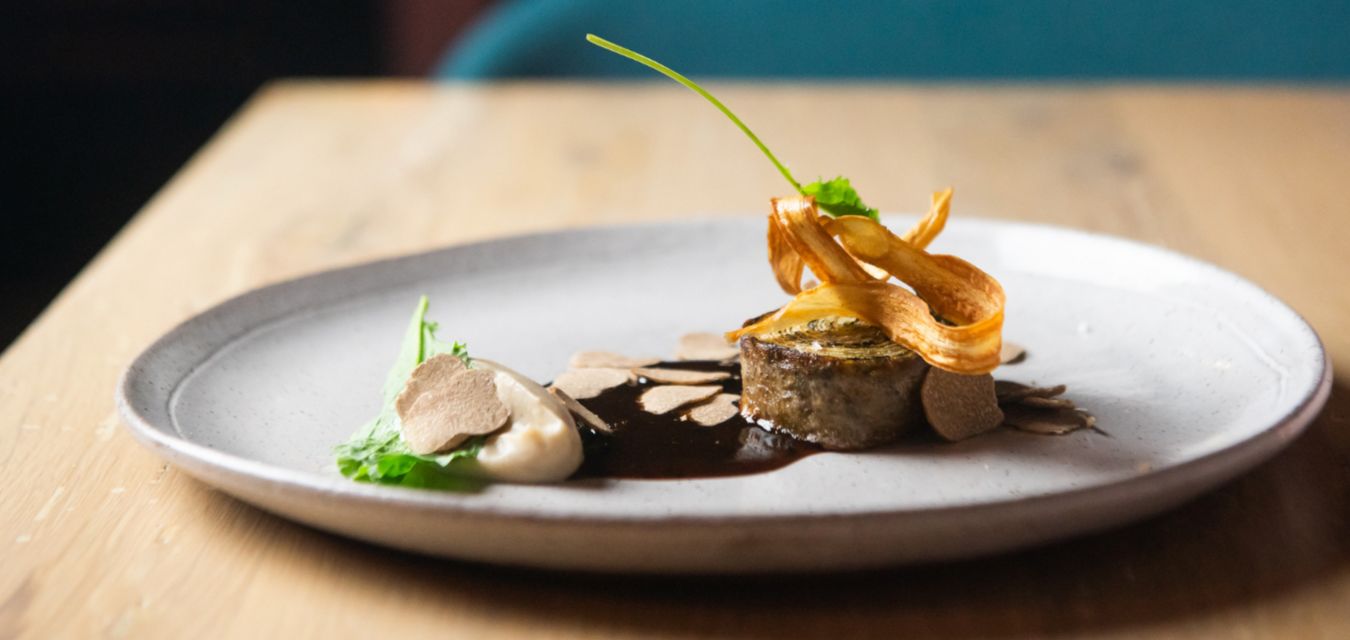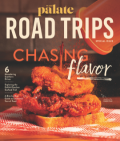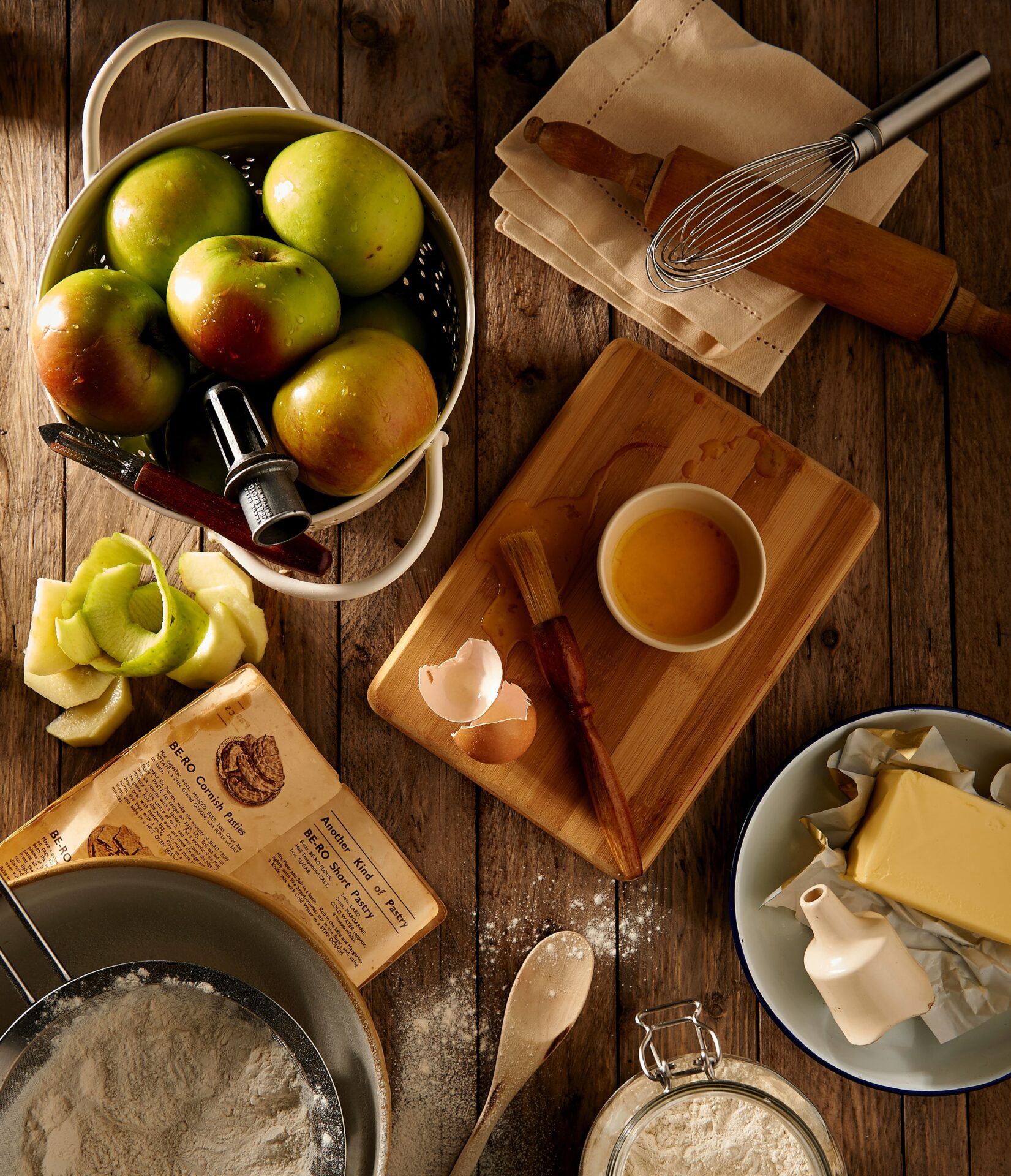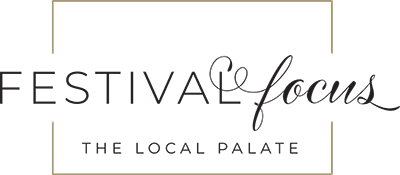
Rob Rubba had always wrestled with the idea of becoming a vegetarian. But as a chef, he felt it was too much of a liability. A vegetarian chef was like a cop who refused to carry a gun or an arborist with severe hay fever: no one would want to hire you. And so as Rubba worked his way through New York, Chicago, Las Vegas, and landed, finally, in Washington, DC, he cooked plenty of meat.
Indeed, if his name was associated with any dish during his time in the nation’s capital, it was sticky crunchy pork ribs at a restaurant called Hazel. Rubbed in Chinese five-spice, the ribs were smoked, roasted, and then deep-fried in tempura batter.
All that, though, has changed: in the last few years, eating vegetarian—even vegan—food is suddenly in vogue. Eleven Madison Park, the New York temple of gastronomy, flamboyantly banned meat from its menu last year, and Epicurious, the popular cooking site, declared that it would no longer publish beef recipes. Rubba, meanwhile, went cold turkey on meat, personally in 2017, and later, professionally.

It was 2020 when, just as the coronavirus pandemic shut down the world as we knew it, he and his business partner Max Kuller debuted a jewel-box vegetarian restaurant, Oyster Oyster in the historic Shaw neighborhood. It was named a finalist for the prestigious James Beard Foundation’s best new restaurant award in spring 2022.
The restaurant’s curious name refers to two standout sustainable ingredients—oyster mushrooms and sea oysters—that often play starring roles on the menu and hint at the restaurant’s mission: to support Mid-Atlantic farms growing foods that tread lightly on the land. Oysters, not usually found at vegetarian restaurants, make the cut because of their essential role in cleaning up the water in the Chesapeake Bay and because, Rubba says, “We found a lot of vegans and vegetarians do eat oysters because they’re non-sentient beings and because of the environmental good they do.”
Oyster Oyster in DC looks just as you’d expect a fashionable vegetarian restaurant to. The open kitchen is lined with white subway tiles, the dining room’s wood paneling is painted millennial pink, and geometric gold shelves are decked with potted succulents. It feels a bit like you’ve jumped, Mary Poppins-style, into an Instagram post, though not in a bad way.
The restaurant is also on trend in other laudable ways: the tables are well-spaced, a comfort as diners lurch back toward normal, and guests pre-pay for the tasting menu when they reserve. An automatic 20 percent service charge is also added, which allows Rubba and Kuller to pay cooks and servers more equitably—a good sign they are focused on human, as well as environmental, sustainability.
Each nine-course meal begins with a tiny cup of vegan broth. On a chilly, early spring evening, it was made with mushrooms, tomatoes, and wild ginger, served warm, and so intensely flavorful it read almost viscous on the tongue. Though on a sticky summer night, Rubba says, diners might instead receive a chilled glass of tomato water laced with lemon verbena. Also always on the menu is Rubba’s bread and butter course.
On the night I visited Oyster Oyster in DC, the round loaf, just big enough for two, was golden on the outside, and the inside too, thanks to the addition of golden beet juice. In spring or summer, Rubba might add ramps or squash blossoms. The “butter” is a silky puree of marigold flowers, sunflower seeds, and confit garlic that puts hummus to shame.

The dishes that follow depend entirely on the season, and which moment of that season you visit. Though whenever that is, Rubba leans heavily on umami-rich condiments like soy and miso, fermentation and layered textures, to make the vegetables sing. A beet salad had crunchy, thinly sliced raw beets, mixed with sultry roasted ones that had been marinated in koji, a fermented rice paste, dill, and chili, served atop a creamy vegan ricotta made from ground pumpkin seeds. A dish labeled simply “cabbage” was green cabbage and radishes cut into thin strips, then steamed lightly in a mix of dried horseradish, coriander, and spicebush—a local herb that delivers a peppery note. It’s laid over angel-hair ribbons of rutabaga, and an almost cheesy tasting puree of celery root with the menu’s one smoked oyster nestled inside. A server drizzled nutty brown butter on the plate tableside.
It would be hard, even for a connoisseur, to match wines with these layered, innovative flavors—even harder, as a menu is not presented until the end of the meal. For that reason, I recommend the pairing menu, which serves up curiously delicious wines you’d never pick off a list. Mine included a funky Virginia “pet nat” white to pair with a salsify and seaweed amuse bouche. The favorite, though, was a smoky red from the volcanic island of Lanzarote with the buttery cabbage. (I immediately went home and scoured the Internet until I found a case for myself.)
I had only one nagging question at the end of the meal: does it require this much technique and ingenuity to make food like Rubba’s? And will he—or anyone else—ever successfully shift how Americans eat?
Rubba assures me that inspiring vegetarian food isn’t only for highly trained chefs. I could easily roast cabbage, drizzle it with brown butter at home, and be perfectly happy, he tells me: “We have to make it worth it to you to come out and dine with us.” Mission accomplished.









